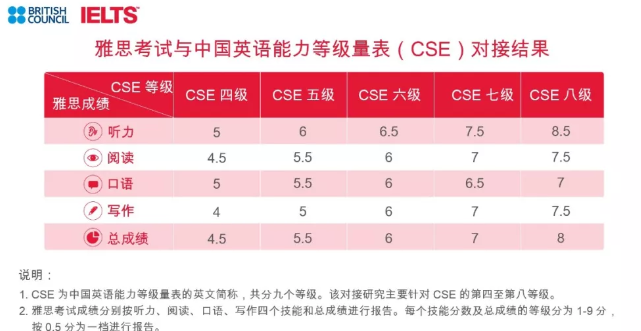自考“英语(一)”笔记 四
|
14. … they look for such a chance. 句中的such是前置限定词,可放在可数或不可数名词前,如: 1) I've never seen such beautiful scenery.(我从没见过这样美丽的景色。) 2) He didn't expect that the audience would give him such a response.(他没料想到观众们会给予如此反应。) 3) She didn't feel like going out on such a cold day.(她不想在如此寒冷的日子里出门。) 从下面的句子中可以看出so与such的区别,so是副词,通常用来修饰形容词或副词: 1) The question was so difficult that nobody could answer it. (这个问题太难了,没人能回答。) 2) His eyesight was so poor that he couldn't see anything clearly. (他的视力不好,什么也看不清。) 3) He ran so fast that nobody could catch up with him. (他跑得那么快,没有人能赶上他。) 15. It is more important for them to learn to think in the language than to know the meaning of every word. 不定式短语to learn to think in the language是句子的真正主语。it常常被用来代替不定式,在句子中充当形式主语,而把真正的主语移到句子后面去,这样使句子显得比较平稳。为了说明不定式表示的动作是谁做的,便在不定式前加for引起的短语。又如: 1) It is not at all difficult for him to understand the poem. 2) It is necessary for us to lend him a helping hand at this time. more important than是形容词比较级形式,请翻译下面的句子: 1) 汤姆的年龄比玛丽大。(Tom is older than Mary.) 2) 这本书比那本书更有趣。(This book is more interesting than that one.) 3) 我们班的学生人数比他们班的多。(There are more students in our class than in theirs.) 16. … you have probably been learning independently, actively, and purposefully. 句中所用的时态为现在完成进行时,表示一个动作从过去的某一时间开始,一直延续到现在,可能还要继续下去。又如: 1) He has been working for a whole day. 2) They have been watching TV for two hours. 请翻译下面的句子: 1) 老李已经在南京生活了二十年。(Lao Li has been living in Nanjing for 20 years.) 2) 雨下多久了?(How long has it been raining?) 3) 我等了他一个多小时了。(I have been waiting for him for more than an hour.) 17. … if your language learning has been less than successful, you might do well to try some of the techniques outlined above. less than用在形容词的前面是为了给所要表述的内容增加否定意味。又如:It would be less than fair to put all the blame on him.(把所有的责任都加在他身上是不太公平的。) 请翻译下面的句子: 1) 父亲对他的成绩不太满意。(Father was less than satisfied with his performance.) 2) 这个计划远不够完美。(The plan was a good deal less than perfect.) do well to do sth. 的意思是“最好…做”,如:She would do well to go away from these dishonest people.(她最好远离这些不诚实的人。) 本课主要词组 1. disagree with 2. be different from 3. succeed in 4. offer sth. to sb. 5. as much as 6. practice doing sth. 7. be similar to 8. first of all 9. depend on 10. instead of 11. wait for 12. look for 13. learn from 14. communicate with 15. be willing to 16. be interested in 17. in order to 18. on the other hand 19. less than 20. do well to do sth. 本课主要句型 A. 动名词做主语 1) Learning a language is easy. 2) Learning a language is a very difficult task. B. 定语从句 1) Most adults who are learning a second language would disagree with this statement. 2) Some people who are intelligent and successful in their fields… 3) They are good guessers who find clues and form their own conclusions. 4) They find people who speak the language… 5) …they can accept information that is inexact or incomplete. C. it 做形式宾语 1) …some people…find it difficult to succeed in… 2) They find it easy to practice using the language regularly… D. it 做形式主语 1) It is more important for them to learn to think… 2) It is necessary for them to learn the language… Text B Language 1. not only…but also (不但……而且) 例:To some people language learning is not only time-consuming, but also difficult. You can find the place not only with the help of a map, but also by asking the way. 2. up and down (上上下下,前前后后) 例:His eyes moved up and down the rows of people, looking for the escaped prisoner. He walked up and down the street, not knowing what decision he should make. 3. neither…nor (既不……也不) 例:Neither you nor I should be responsible for this accident. This book is neither interesting nor instructive. 4. mean to do sth.(打算做某事,想要做某事) 例:I meant to say “sorry” to him, but he didn't want to listen. He didn't mean to hurt you. 5. not at all(一点也不) 例:I am not at all tired. He was not at all frightened by the strange noise. 6. consist of(由……组成) 例:Our class consists of 20 boys and 26 girls. The medical team consists of 3 doctors and two nurses. |








